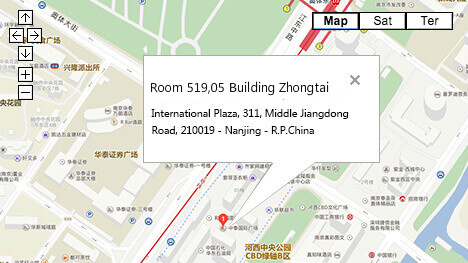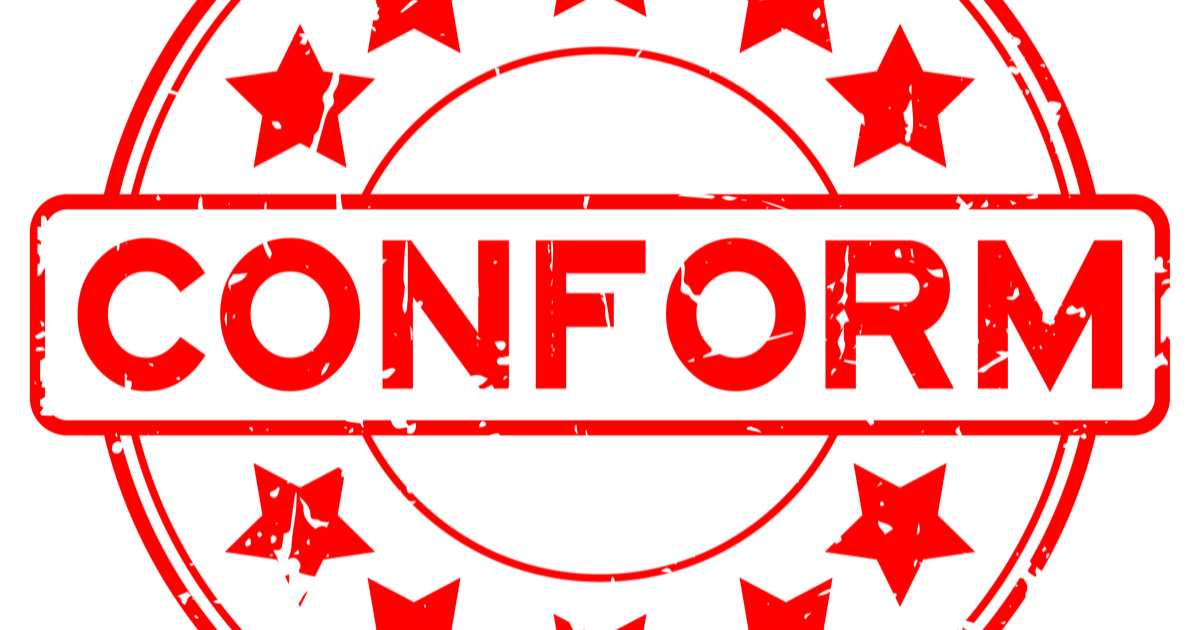Some clients have asked us “what is a certificate of conformity” over the years, and…

Quality Auditor vs. Consultant Working on Improvements
BY RENAUD ANJORAN
Many people think auditors go on site, look at the situation, and suggest improvements. However, it is not that simple. Auditors acting as consultants can cause several types of issues. And yet, the line between these 2 roles is often very thin…
I have spent time working in each of these roles, and I wrote my observations below. Let’s look at each separately.
What is the purpose of an audit?
To establish to what extent an organization complies with a set of requirements (often based on an international standard such as ISO 9001 or ISO 14001, but that’s not always the case — a buyer can set up their own standard).
How does an auditor work?
An auditor follows a standard (often in the form of a checklist). For example:
- Have serious non-conformities been followed by a corrective action plan? Was it done in an appropriate manner?
- Are non-conform products segregated from conform products, in a way that prevents accidential mixup?
- Is the temperature in the reflow oven controlled in an appropriate manner? Is there a standard for that temperature?
These are not simple yes/no questions. There is a gradation in possible findings, from ‘not at all’ to ‘yes, always’.
At the end of the audit, non-conformities are written down and explained to the company’s management. Some ‘opportunities for improvement’ can be written down too, in addition, to non-conformities, but they are not the core of the audit report.
Now let’s contrast this with what consultants do.
What is the purpose of a consultant?
To guide an organization to improve in a certain way (as per the client’s objectives & challenges).
How does a consultant work?
A consultant typically supports the implementation of change by combining some of these approaches:
- Suggestions of an appropriate direction to pursue (if they only do this, they are advisors)
- Sharing of concepts and tools that will help support the change (if they only do this, they are trainers)
- Technical guidance along the way and/or accomplishment of some tasks (I’d call them implementers, and in an extreme contractors)
This is quite a mixed bag, to be sure. And there is sometimes some overlap.
Should a quality auditor give suggestions on what a manufacturer should do?
Many people would say NO. There are 3 main issues to watch out for.
First, an auditor is supposed to remain objective. If they emit a suggestion and the factory people apply it, he is not longer objective since he will be auditing his own idea. He will tend to rate it more favorably than he should. And, conversely, he will rate an idea different from his less favorably than he should.
That’s not really an issue for most buyers (after all, the purpose is to help the factory improve its processes & systems), but most people will probably agree that rotation of auditors (not always having the same one go to the same factories) is a good thing.
Second, how can the auditor know for sure what is the best for a factory he has only spent a few hours in? And, even if that auditor has spent very extensive time in the same type of factories and he is familiar with the production processes, (which is seldom the case), has he himself already implemented what he suggests?
I have met with insufferably arrogant auditors who think they know everything. What they do is alienate the auditee’s staff, and usually nothing good comes out of it.
Third, who takes responsibility when a suggestion from an auditor is put in practice and has unwanted effects? Imagine that a process is re-engineered, and then a high-tech component is down, which results in a whole line being down for 10 days, at great cost. Who will be blamed?
This is particularly worrisome when one adds the tendency of Chinese suppliers to blame any delay, quality issue, or price increase on any excuse they can find. Don’t give them extra ammunition…
What about the follow-up on non-conformities?
In a perfect world, after an audit of a supplier’s facility shows some serious non-conformities, the supplier would fill out a corrective action plan (CAP) on their own, share it with their customer, and would implement it.
In practice, 99% of Chinese factories are unable and/or unwilling to do this well. And most importers have little time to issue, refine, and then follow up on those CAPs.
So, who is tasked with that work? The auditing companies, naturally. And auditors have to work with factory employees on planning and evaluating countermeasures to problems they detected. The line between auditing and consulting can be very thin!!
If you have your own quality organization in the field, I suggest to separate the roles of auditor (finds NCs) and engineer (works with suppliers to make improvement). It is much healthier. I wrote about this before here.
Article Source: https://qualityinspection.org/quality-auditor-consultant-cap/



This Post Has 0 Comments